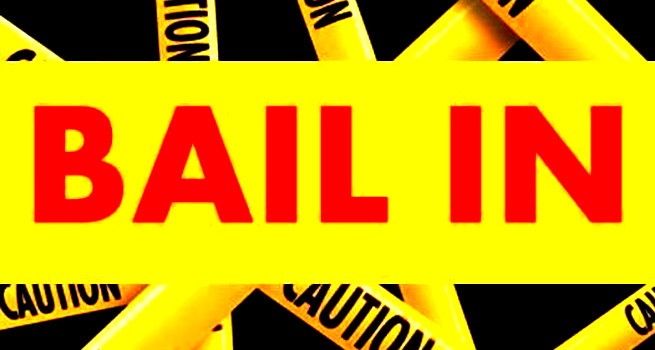
Banco Popular, until today Spain’s sixth biggest bank, is no more. Its assets, including a massive portfolio of small-business clients, now belong to Banco Santander, Spain’s biggest bank. The global giant now has 17 million customers in Spain, a country of just 45 million people. The price was €1.
Spain’s Ministry of the Economy revealed that by 3 pm Tuesday, Popular was no longer able to contain the deposit outflow. “It had exhausted all its lines of liquidity, both ordinary and extraordinary.” It had run out of collateral to cover any further lines of emergency liquidity.
This apparently triggered the intervention by the ECB’s Single Resolution Board (SRB), which decided on Tuesday that the bank “was failing or likely to fail” and would have to be wound down, unless a buyer could be found.
Banco Popular’s shareholders, who’d been repeatedly suckered into handing Popular fresh funds in numerous capital expansions, will be wiped out.
Holders of Popular’s riskiest bonds, its AT1 bonds and AT2 bonds, or CoCo bonds, also got wiped out. These bonds had already plunged in recent weeks.
But the bank’s senior bondholders and depositors were spared.
To plug the remaining hole of Popular’s non-performing loans, Santander has said it will set aside €7.9 billion, most of which will be raised in a fresh €7 billion rights issue.
“The decision taken today safeguards the depositors and critical functions of Banco Popular. This shows that the tools given to resolution authorities after the crisis are effective to protect taxpayers’ money from bailing out banks,” said Elke König, chair of the SRB, in the statement.
This marks the first time under the EU’s Bank Recovery and Resolution Directive, passed in January 2016, that shareholders and subordinate bondholders of a European bank have not been bailed out by taxpayers, but where “bailed in.”
And it was the first time that a banking failure was allowed to occur in either Spain or Italy whose resolution didn’t involve taxpayer intervention. Perhaps the Eurozone’s banking authorities are finally growing some teeth. The fact that financial markets received the bail-in of Popluar’s investors calmly tells the ECB that investor bail-ins are the route to go. And so the rule takes hold.
Source Article from http://feedproxy.google.com/~r/blacklistednews/hKxa/~3/SHXqyRwRwg0/M.html
 RSS Feed
RSS Feed















 June 8th, 2017
June 8th, 2017  Awake Goy
Awake Goy  Posted in
Posted in  Tags:
Tags: 













